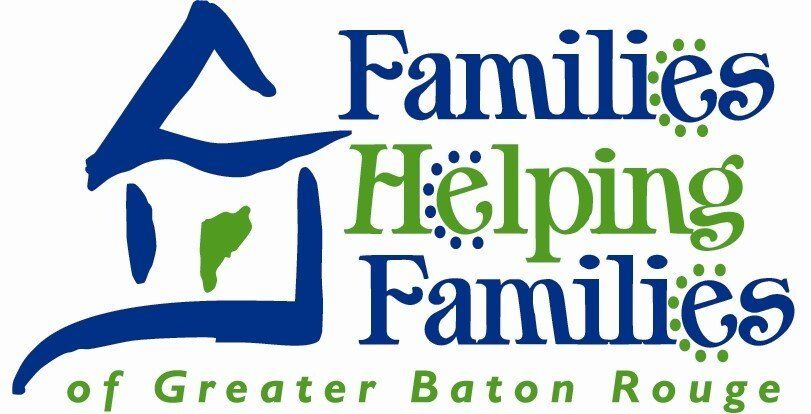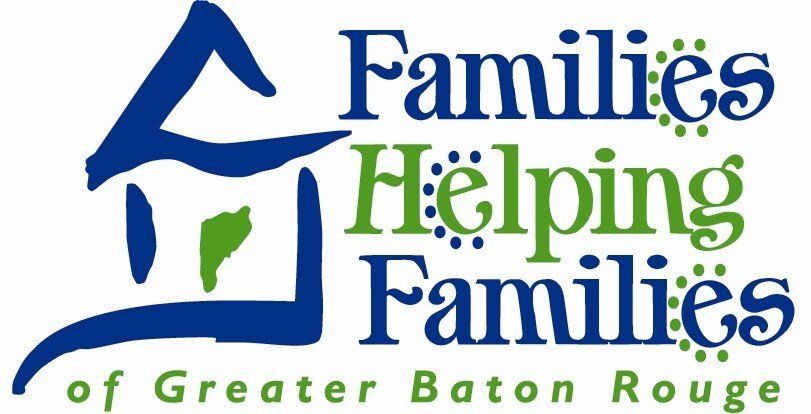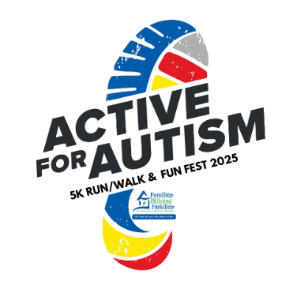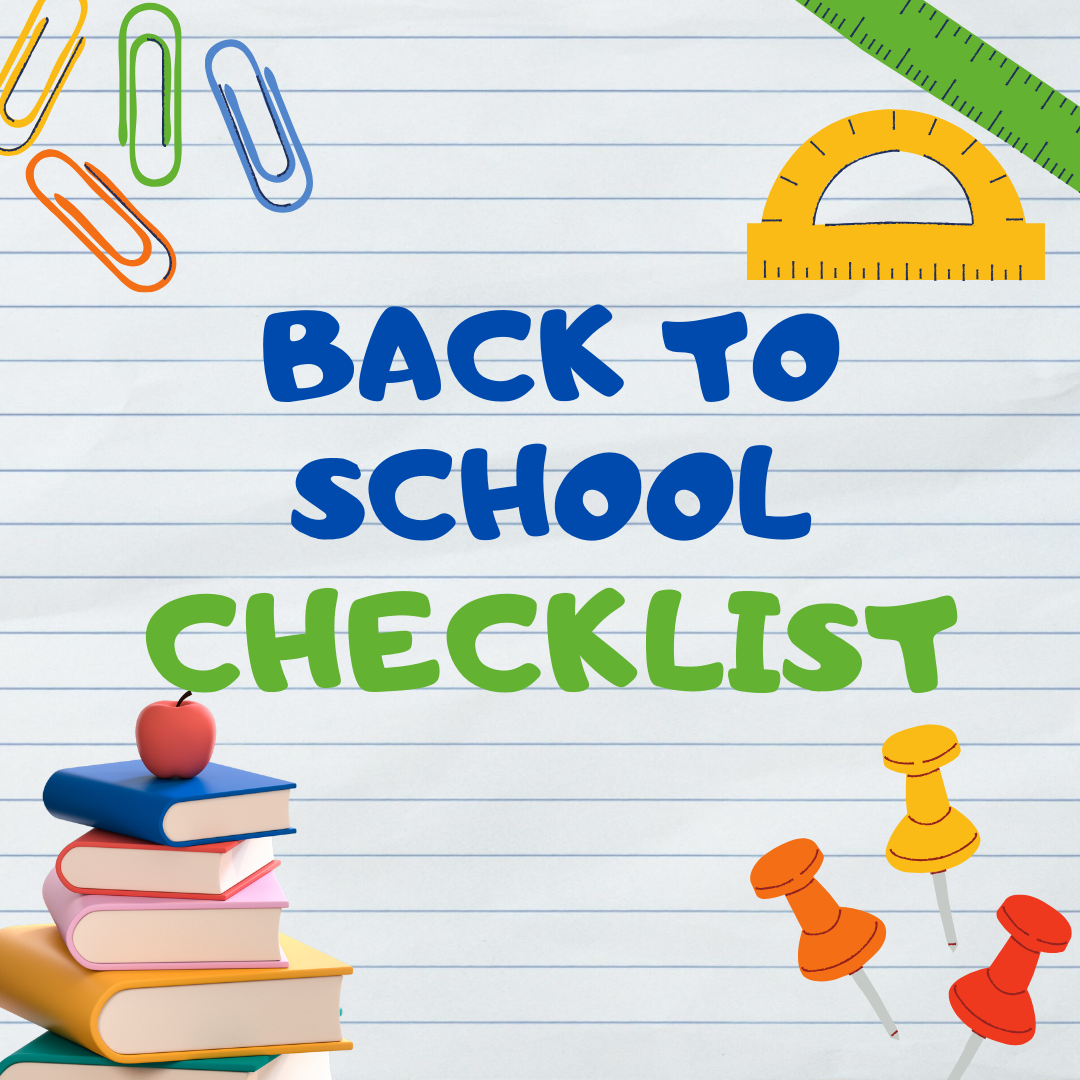Pediatricians Get Guidance on Dental Care for Kids with DD
Pediatricians Get Guidance on Dental Care for Children with Developmental Disabilities
by Michelle Diament | July 22, 2024
Children with developmental disabilities often struggle to access dental care even though they are at increased risk of tooth decay and other issues. Now, new guidance is detailing what pediatricians should do to help.
In a 20-page clinical report released this week, the American Academy of Pediatrics highlights the unique circumstances facing those with autism, cerebral palsy, intellectual disability, Down syndrome and other developmental disabilities when it comes to oral health.
These individuals “are at increased risk for dental disease because of unique aspects of their medical conditions, the treatments associated with them, or both,” the guidance indicates.
For example, bruxism, or the voluntary or involuntary clenching or grinding of teeth, is common in this population. And, certain factors such as seizures or the use of psychotropic drugs can increase the risk of dental trauma.
The pediatrics group also points out that people with developmental disabilities face extra barriers to accessing care including challenges in finding dental providers prepared to treat them or willing to do so.
The guidance addresses how to manage self-injurious behaviors, the pros and cons of sedation and general anesthesia and also outlines considerations for individuals with adaptive behaviors such as chewing on objects and excessive drooling.
Primary care providers should identify dental professionals who are equipped to care for children and youth with developmental disabilities to refer patients to, the pediatrics group said. Pediatricians are advised to recommend that children have a dental home by age 1 and they should communicate with dental providers about the individual’s intellectual and functional abilities, among other steps.
“Children and youth with developmental disabilities may have a harder time communicating their needs or need extra help in caring for their teeth,” said Dr. Elise Sarvas, lead author of the report. “It’s important that the pediatric medical and dental clinicians can identify oral health needs and communicate with families and each other about how to best provide services to a child.”
###
See the Press Release from the American Academy of Pediatrics here.







